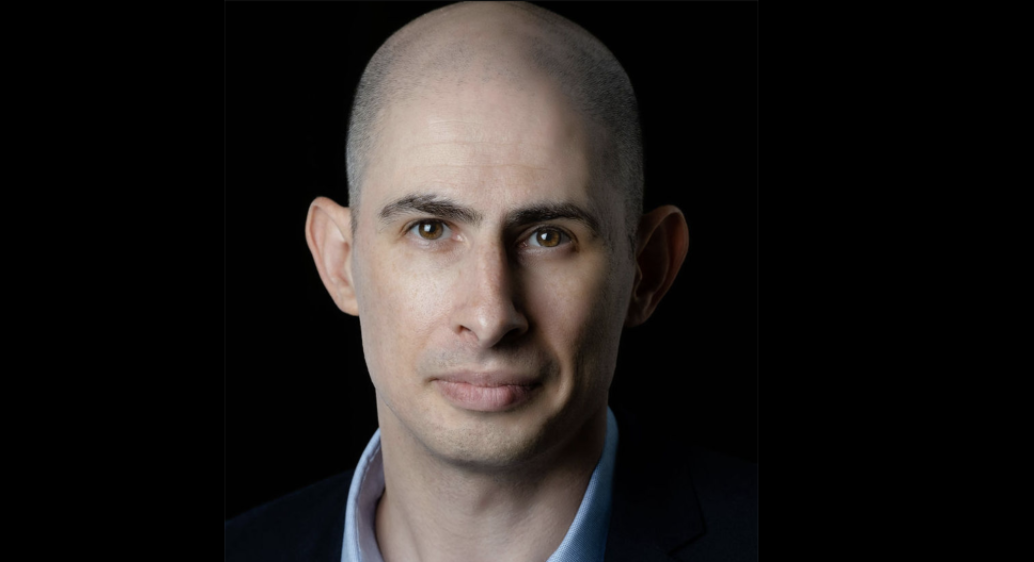We sat down to speak with Jason Steinhauer, BA'02, who has just published History, Disrupted: How Social Media and the World Wide Web Have Changed the Past. Jason is a Global Fellow at the Wilson Center in the USA. He is the founder and host of History Club on Clubhouse with more than 100,000 followers, and was the Founding Director of the Lepage Center for History in the Public Interest at Villanova University, USA, from 2017 - 2020. A public historian with over twenty years of experience in major cultural and historical institutions in the US, Steinhauer is the Founder of the History Communication Institute and the creator of the field of History Communication, which examines how history gets communicated on the World Wide Web. He has written for CNN, TIME, The Washington Post, Poynter, Inside Higher Ed, the Philadelphia Inquirer and the Foreign Policy Research Institute (where he is a Senior Fellow). He has also delivered lectures overseas on behalf of the US Department of State, created a history podcast for the John W. Kluge Center at the Library of Congress, and appeared on C-SPAN’s American History TV.
Do you believe that the changes in how we understand the past due to social media are permanent?
The Web and social media are constantly evolving. As new platforms emerge that privilege certain types of content over others, Web users will be incentivized to create the content that gains the most visibility and influence. That affects history content. In other words, what we know about the past will be linked to the platforms we use to communicate about it. Continued changes in technology will lead to continued changes to our collective knowledge of history.
In your book, how do you link the steep decline of History majors with social media reshaping understandings of the past and the spread of misinformation?
I write in the book that in an era dominated by the social Web, the argument that professional history rests on its own merits has fallen flat. The Web is outcomes-based; that something can be a good in-of-itself without producing a useful end-product has become an increasingly difficult argument to make, including to college students deciding a major. In addition, the vast amount of historical content available online fuels a growing perception that history can be self-taught. I heard this from many people I interviewed; that since history can be learned on your phone, formal history education was no longer necessary. For these reasons and more, the study of the past has been completely disrupted by the Web.
Can the negative results from the spread of misinformation online be mitigated?
Yes, don’t share any news articles on your social media. That is the best way to mitigate the spread of misinformation. On my own social media, I never share news articles unless I wrote them, or they are about me and I’ve vetted them carefully. I know that sounds solipsistic! But, there are reasons: (1) with so much misinformation in the public sphere, even in major outlets such as CNN and the New York Times, it is impossible to sort through it all. To really combat it, we have to collectively share none of it; and (2) the information economy is predicated on clicks, views, shares, and stoking anger and outrage—incentives which are corrosive and foster misinformation. We must demand a new set of incentives, and it begins by rejecting the incentives of the past two decades.
How do you envision future understandings of history in the age of Web 3.0?
On a decentralized Web, professional historians must exercise convening authority, not solely subject matter authority. Communicating history extends beyond being a featured expert who writes an op-ed or delivers a public lecture. Communicative power is afforded to those who can convene and organize online communities, empowering members to be front-and-center in their own education and discovery. That is how the incentives of Web 3.0 are being designed and that will shape how we effectively communicate history moving forward.
You talk about incentives that encourage the spread of misinformation. Is it possible to create a new set of incentives that promote an accurate understanding of the past?
Yes! Web developers, Web designers, Silicon Valley and corporations have a responsibility to ensure that the next iteration of the Web values and prioritizes incentives beyond speed, scale and commerce. The decentralized Web must incentivize rigor, patience and thoughtfulness, not solely income and enthusiasm. We as creators and consumers of information online must also demand these new incentive structures. We have more power than we realize.


